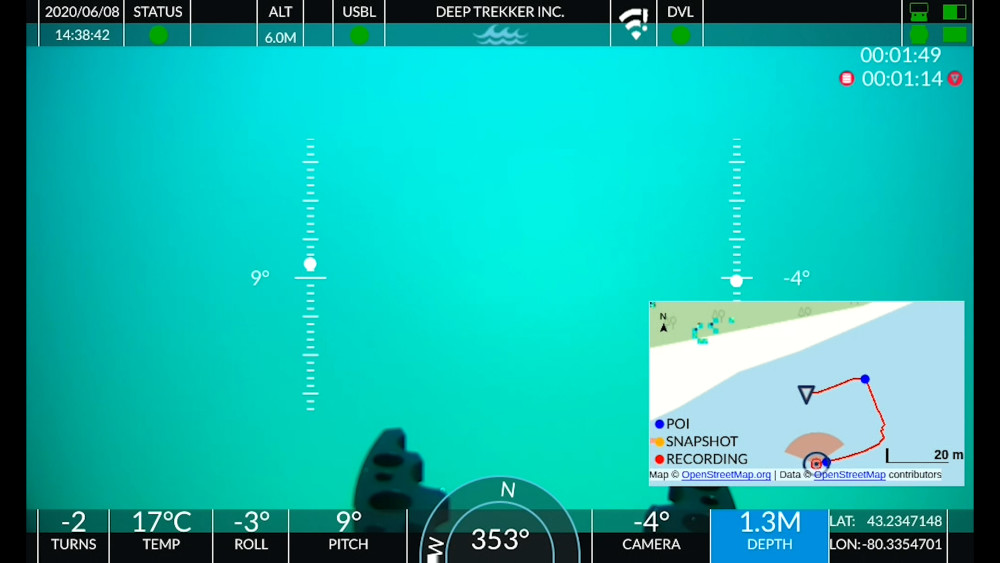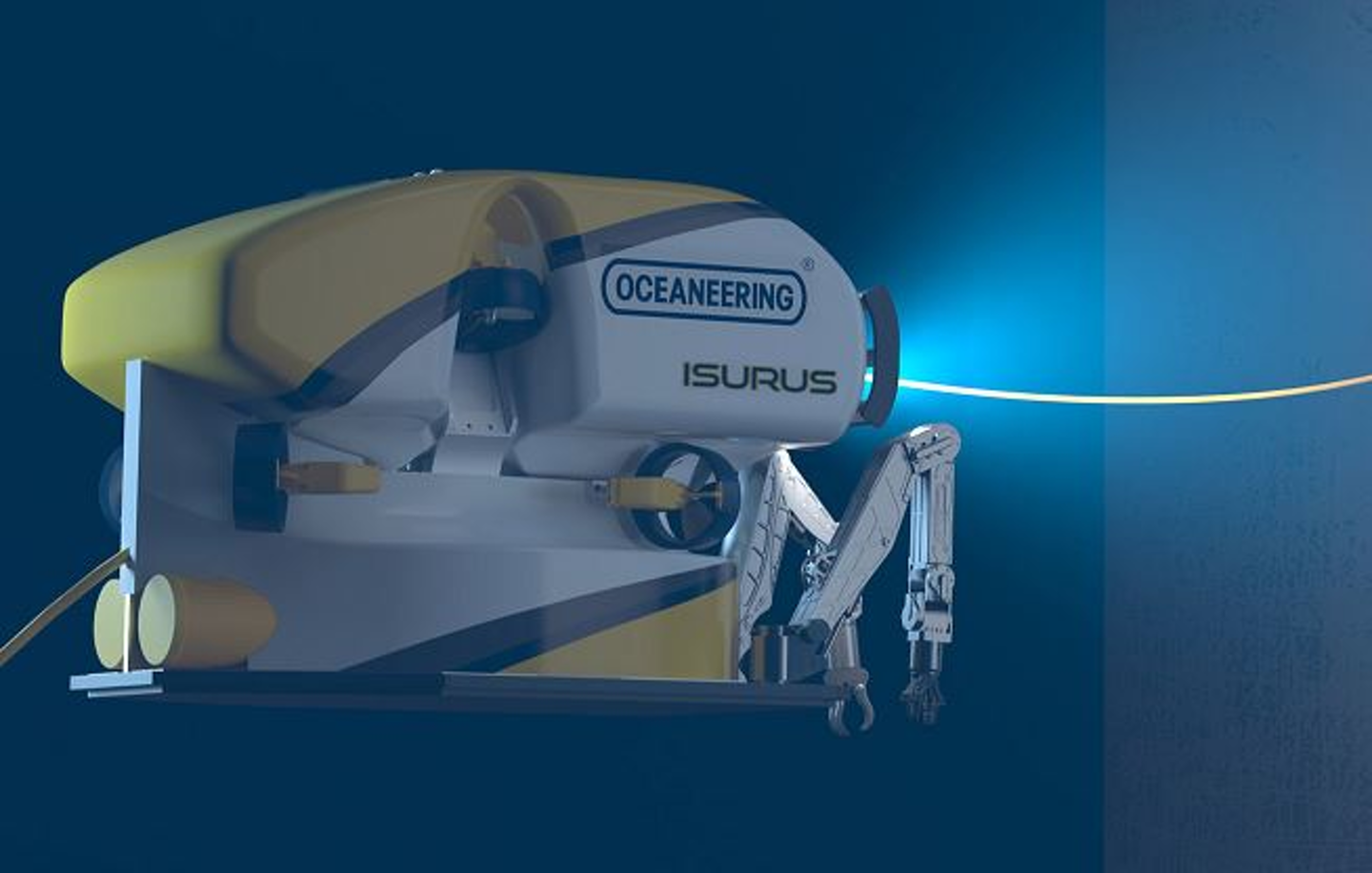Home › Forums › ROV › ROV Pay Rates › Expected Day Rate – Saudi
- This topic has 4 replies, 4 voices, and was last updated 11 years, 8 months ago by
Harry.
-
AuthorPosts
-
December 29, 2011 at 8:15 pm #4772
Neil Williams
ParticipantHi
I am new to the game. Only started in the Summer but have been fairly lucky since then. I am certified with MTCS as Pilot Tech 11. I have had my CV put forward for a Saudi job with an agency that I have not worked through before. They have asked me ‘what are you looking for’? in terms of pay. I realise that I don’t have a lot of experience but I don’t want to set a precedent by undervaluing myself or the job. Any suggestions?
December 29, 2011 at 9:34 pm #31933Ray Shields
ParticipantFirstly you are not "certified". There is no formal certification within the ROV industry, unlike diving etc. Training schools are especially bad at trying to say you will get "certified" when in fact all you get (or should get) is a piece of paper saying you ave done a course.
IMCA (who are an association of offshore companies, nothing official) have produced "guidelines", training schools may train against those guidelines, but this does not mean you are certified, qualified or authorised in any way.
As to what pay rate you should be asking for, I suggest you look at the Rates page (Link over on the left), the payrate you should ask for is one that you are happy to accept.
As you say you have been working since summer you have obviously been earning, what were you getting paid, therefore you should know what kind of rate your qualifications and experience will be worth?
April 3, 2012 at 7:37 am #31934emad
ParticipantWhat is the formal certification for ROV industry? is IMCA accepted?
Firstly you are not "certified". There is no formal certification within the ROV industry, unlike diving etc. Training schools are especially bad at trying to say you will get "certified" when in fact all you get (or should get) is a piece of paper saying you ave done a course.
IMCA (who are an association of offshore companies, nothing official) have produced "guidelines", training schools may train against those guidelines, but this does not mean you are certified, qualified or authorised in any way.
As to what pay rate you should be asking for, I suggest you look at the Rates page (Link over on the left), the payrate you should ask for is one that you are happy to accept.
As you say you have been working since summer you have obviously been earning, what were you getting paid, therefore you should know what kind of rate your qualifications and experience will be worth?
April 3, 2012 at 8:58 am #31935Ray Shields
ParticipantI’ll try again for the hard of thinking.
THERE IS NO FORMAL CERTIFICATION.
IMCA is a group of companies who got together and have basically written a SUGGESTION or GUIDELINE of what they would expect – as a MINIMUM. Also note that IMCA do NOT certify anyone, they are constantly having to chase down Training Schools who fraudulently issue certificates that say people are IMCA certified when it is not true. Training Schools and Companies can train people based on the Guidelines, but that does not make people certified by IMCA.
ROV industry is not like Divers, there is no formal certification you MUST have (apart from the offshore survival, medical etc. which is required by ALL offshore workers, not specifically ROV)
What you need to start in the ROV industry is a GOOD formal and practical technical background and experience, be it electrical/electronic or hydraulic. You are going out there to FIX the machines when they break down, you normally do not learn to fly the machines until you are out there.
April 11, 2013 at 1:42 am #31936Harry
ParticipantRays’ last paragraph is the most pertinent. If it is broke there is no one else to fix it than yourself, so the guys being asked to accept new hands out on the job will request people have a "certified trade background" (whether the company takes notice or not is another matter). Flying skills are "on the job training" , you can not train an electronics skill offshore (pointers/basics, yes, years of experience and electronics-hydraulics skills, no), but you can train someone to fly as Ray has said. Actually it is the only way you can learn to fly in a real environment.
-
AuthorPosts
- You must be logged in to reply to this topic.



